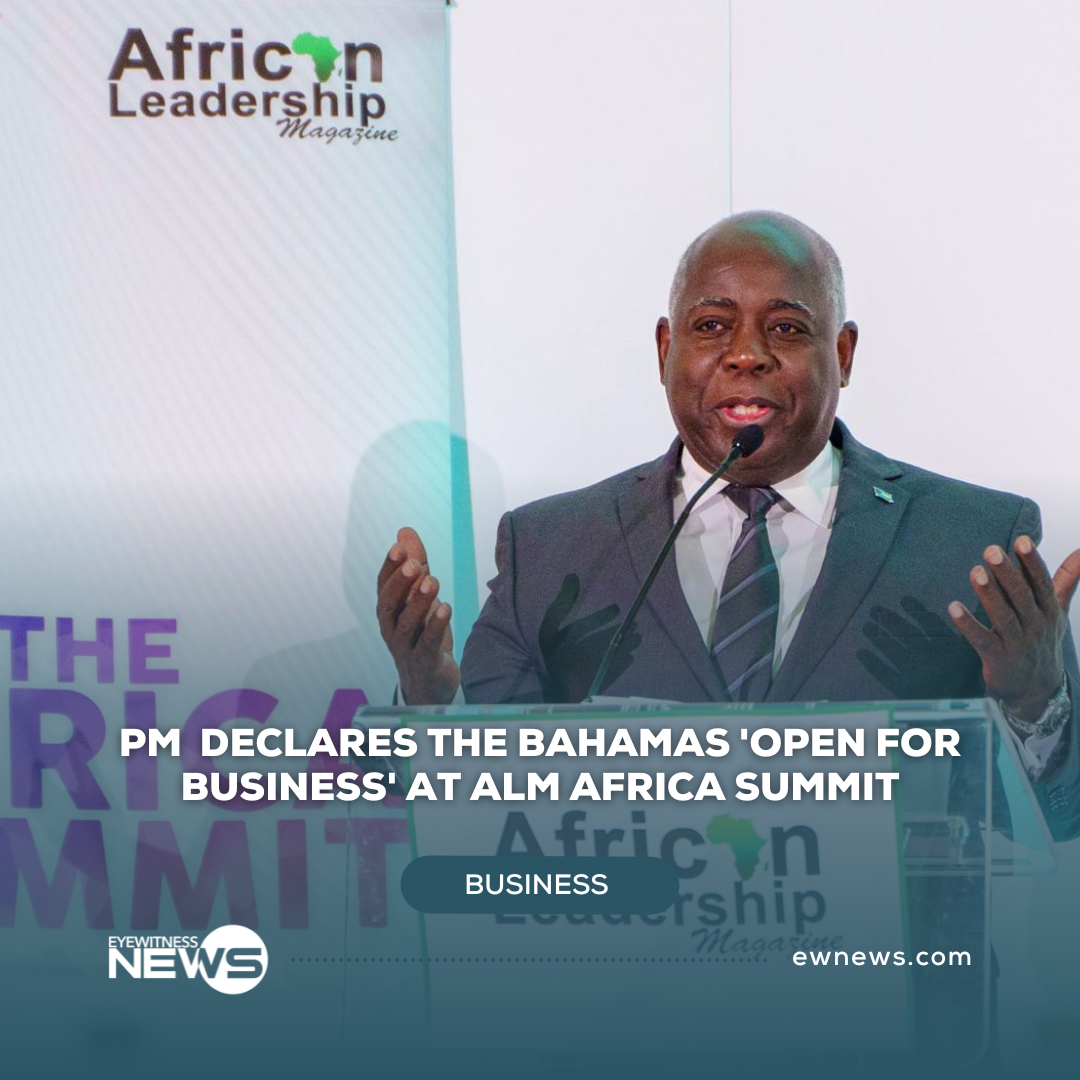NASSAU, BAHAMAS — Prime Minister Philip Davis addressed influential leaders and policymakers from Africa, the Caribbean, and the UK at the 9th ALM Africa Summit, declaring The Bahamas “open for business” as he urged collective focus on driving progress while highlighting initiatives and challenges faced by nations in vulnerable regions.
Organized by the African Leadership Magazine (ALM), the summit brings together leaders to discuss future trade collaborations in the global south. Davis noted that The Bahamas recently the 2024 ‘Afreximbank Annual Meetings’ and ‘AfriCaribbean Trade and Investment Forum,’ which drew over 5,000 delegates.
“Our nations are defined by our people: by their individual talent and ingenuity, and by the collective cultural expressions which have emerged from them. To meet our people is to know who we are. Of the 20 countries in the Caricom region, and the 54 countries on the African continent, in so many ways, we are the same. Not surprising given our shared histories. But it is also true that, in so many ways we are different.
He further noted: “The negative impacts of climate change present a double whammy, landing two sets of disruptions upon us. In The Bahamas and other Caribbean States, we have been rendered as some of the most vulnerable places on the planet. We have some of the lowest carbon emissions in the world, and yet we are among the worst affected. We are also threatened with having to pay an existential price for rising sea levels, unpredictable weather patterns, and catastrophic hurricanes which are increasingly more frequent and more severe.”
Prime Minister Davis noted that notwithstanding numerous challenges, The Bahamas is pioneering efforts such as monetizing its natural sea grasses through Carbon Credits. “We’ve enacted progressive frameworks for digital assets and introduced the world’s first Central Bank digital currency, the Sand Dollar.”
Prime Minister Davis urged proactive measures alongside calls for justice: “While we agitate loudly to be compensated for any number of grievances and injustices, let us also focus our energy on what we can do to drive our own progress.”






